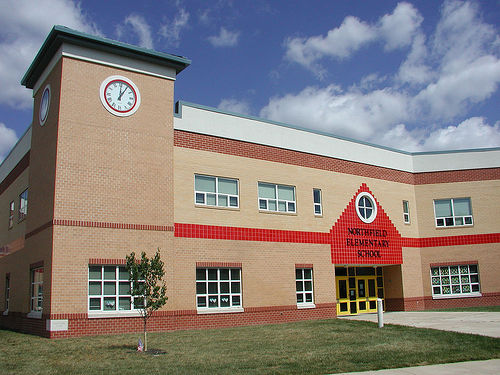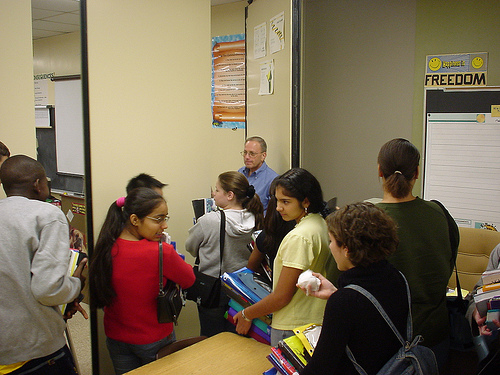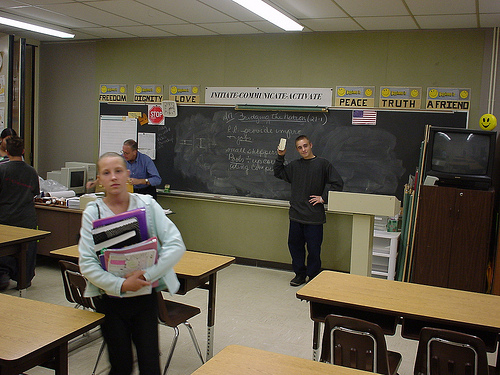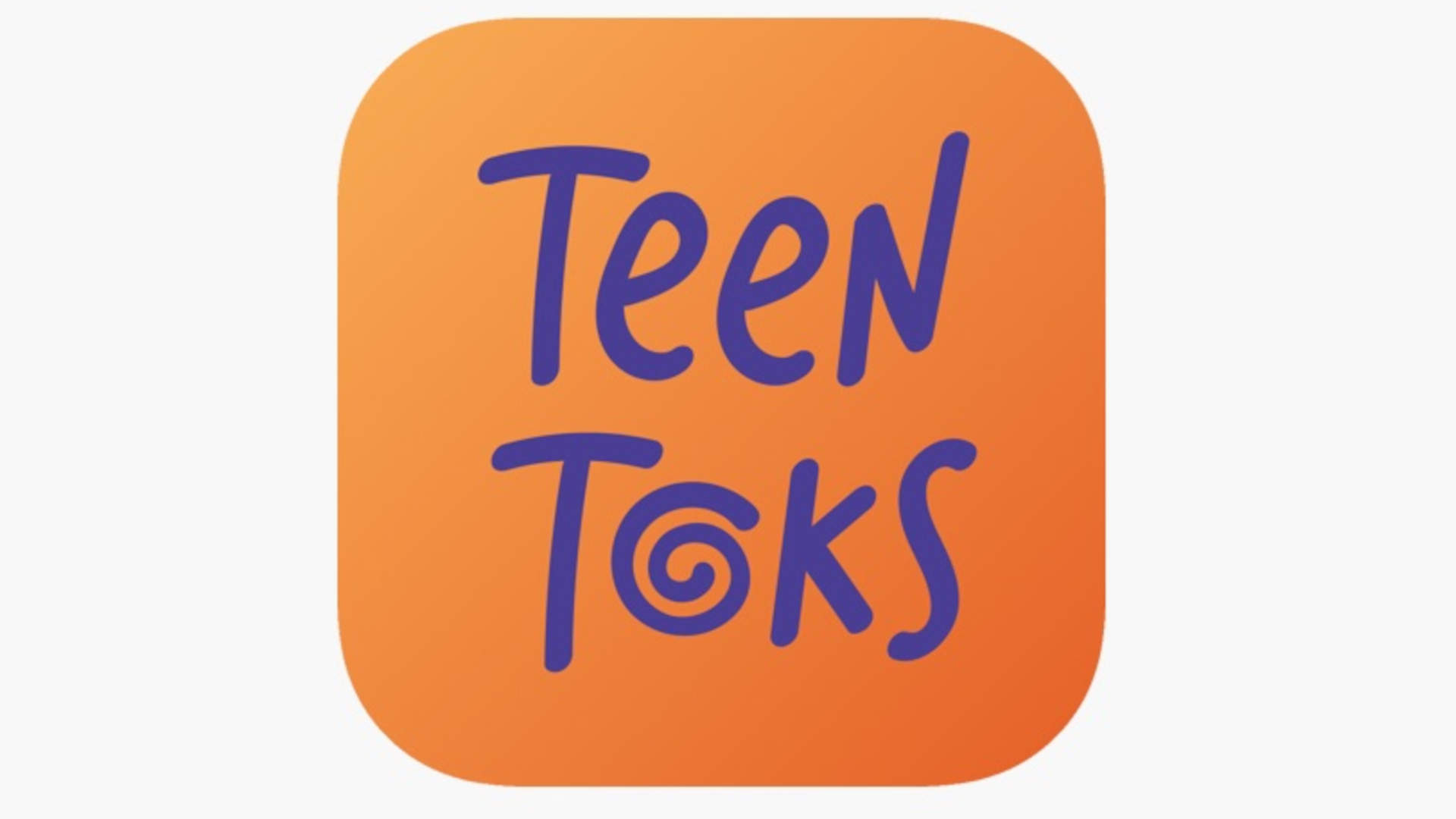What's your legacy? By Kevin Jarrett

{Cross posted on Welcome to NCS-Tech!}
It's generally a bad idea to make an interviewer cry. I did it once. It was 1998, in my prior life, before I was a teacher. I was interviewing at William M. Mercer, a prestigious financial services consulting firm. I was in their Manhattan offices with a corporate Vice President of Human Resources whose name I've long since forgotten. We were wrapping things up, everything had gone well to that point. The mood was relaxed. We talked about the position, career paths, mutual acquaintances and the decision time frame. Mrs. VPHR complimented me on my work experience and references, and I returned the favor by asking her what I thought was a simple question, designed to let her reflect on her achievements and translate her formula for success to this eager candidate: "What's your legacy?" (I know, it's something of an asinine question, a little presumptuous, but hey, I was in the moment.) She sat, stunned and silent, for several seconds, struggling to find words. Her voice faintly cracked as she described her career accomplishments, personal sacrifice, long hours at work, multiple transfers, that sort of thing. Tears started to well up in her eyes. Fighting to remain composed, she paused for a moment, apologized, thanked me for my time and said they'd be in touch. Then she excused herself and the interview was over. I didn't get the job. I did however learn through a friend that her teenage daughter had, the day before, been admitted to a rehab facilityafter a lengthy battle with drugs. Mrs. VPHR blamed herself. My innocent question touched a nerve. She would appear to be living proof of the famous quote from the late Senator Paul Tsongas:
"On their deathbed, no one ever said, 'I wish I had spent more time on my business.'."
Fast forward to today... I've been teaching for seven years. Having entered the profession at the ripe old age of 41, I have a limited window upon which to change the world / impact the future / build my legacy, and hope I am fortunate enough to remain in education until the day I stop working. In that time ... what will my students do / achieve / become? Will I ever know? I've reflected on this topic before. I'm fortunate to still be in contact with one of the more influential educators in my life, my 8th grade Social Studies teacher, Mr. Gary Sapir.


I visited my old middle school (Carl F. Sandburg MS in Matawan, NJ) and Mr. Sapir, as well as many of my former teachers (still there!) in October 2002, just months after walking away from life in the corporate world. Interested in becoming a teacher, but still months away from what would be my destiny, I spent most of the day observing classes, rotating through almost the exact same schedule I had as an 8th grader. Science. Social Studies. Math. Language Arts. Even lunch. It was ... in a word ... EPIC. Cutting a low profile in the back of Mr. Sapir's social studies class, I remained essentially unnoticed until Gary introduced me as one of his students from 25+ years ago. I'll never forget the kids' reactions - they were priceless. It completely blew their minds that someone "so old" could be one of Gary's former students. (Gary was in his 20s back then, and I was 13; so, the age difference between us is only about 10 years. ) I asked the kids what they thought about Gary's class. Hands shot up. "Awesome," "Excellent," "He challenges me," "Mr. Sapir is the best!" Clearly it wasn't the content that these kids were excited about. It sure wasn't Mr. Sapir's use of technology, because as you can see in the photo below, Gary was rocking the same chalkboard he did for my classes back in the 1970s.

No, the kids enjoyed 8th grade social studies because Mr. Sapir was their teacher. It was the same for me. I'd always loved school; I just wasn't the best student. I vividly recall giant RED "D's" and "F's" on Mr. Sapir's smelly purple-ink mimeographed tests, along with comments like "Oh, brother!!!" (That must be where I picked up my multiple-exclamation-point habit.) Somehow, despite my dismal academic performance, I managed to develop a love of learning that remains with me to this day. Why? These educators, exemplified by Gary, simply loved teaching. To me, the connection is clear. I am Gary Sapir's legacy. I and many others, it seems, as I'm not the only one who has sought him out, years later, to share that they too had chosen teaching as a career, a direct result of his inspiration. So, what's your legacy going to be? Or, should I say, who? -kj-
Tools and ideas to transform education. Sign up below.
